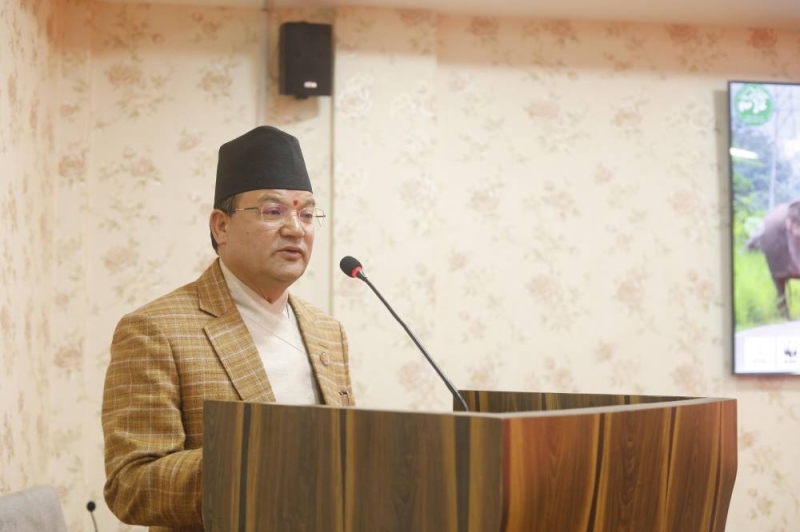EU poll report takes six months
EU poll report takes six months
Published: 12:00 am Oct 16, 2008
Kathmandu, October 16:
The European Union Election Observation Mission (EU EOM) to Nepal made 42 recommendations to the Constituent Assembly (CA), Election Commission (EC), political parties, civil society, media and the international community based on its observation of the April 10 CA elections.
Making public its final poll report after six months, Jan Mulder, member of the European Parliament, said the overall election environment met many international standards, but not fully in some areas such as right to freedom of assembly, freedom of movement and freedom of expression. The report was submitted to the EC and President Dr Ram Baran Yadav.
“The role played by party agents and volunteers, sometimes, went beyond acceptable standards and at times their influence was too immense at the polling stations,” said Mulder.
“Despite this, people turned out in large numbers at polling stations demonstrating support for the return to multi-party democracy and the quota system has guaranteed unprecedented representation of women and women marginalised groups.” The report said the legal framework for a democratic and inclusive election process has a number of shortcomings that are not fully in line with best practice, including a consolidated election act, clear deadlines for the publications of results and lack of clarity in the mechanism for appeals.
“Preparations for the next election start from now, there is a long process to rewrite new procedure and the EU has a permanent presence in Nepal to support,” he said.
Mulder lauded the EC for being an independent body with integrity and competence in a largely transparent manner consulting political parties and other stakeholders. “A comprehensive review of the voter register is required to ensure greater inclusiveness, and accuracy is required to check these irregularities.”
Union’s recommendations
To parties
Legal provisions pertaining to the requirement that parties guarantee internal party democracy
and ensure inclusive decision-making at all levels should be monitored so as to ensure effective compliance with legal provisions.
To media
A comprehensive review of the legal framework should be undertaken to provide legal for the media sector that respects key elements of the principle of freedom of speech.
To civil society
A greater degree of coordination of domestic observers should be planned in future elections.
On voter registration
The modernisation of the civil registry and the introduction of a secure national identification card scheme are essential to improve the quality of the voter register for future elections.
On campaign style
Political parities and associated groups should make a real commitment to end the culture of coercive campaigning and ensure their campaigns reflect the provisions the Code of Conduct



